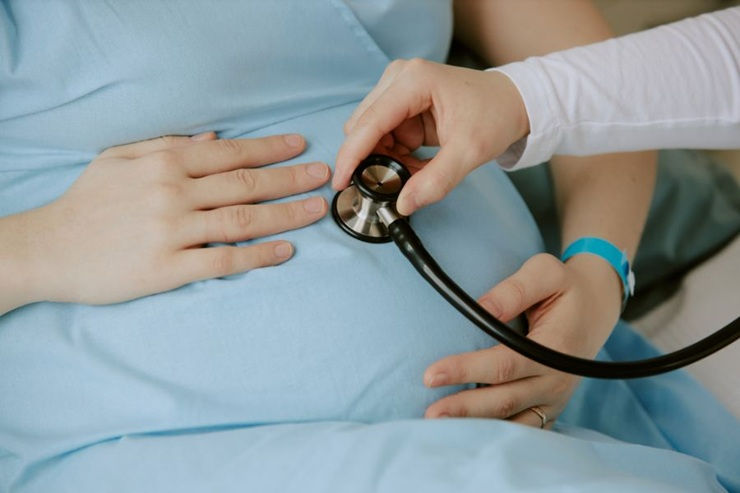Teens recruit squirrels to promote clinical research
- Nov 18, 2022
- 2 min read

Squirrels explore clinical research in new videos by teenagers in Southampton.
The ‘In a nutshell’ series explains how to take part in clinical research and why it matters.
The videos were co-created by a youth panel from the LifeLab programme.
The teenagers considered how to engage young people with research happening in Southampton. There was a focus on encouraging positive lifestyle choices.
Panellists interviewed researchers from the NIHR Southampton Biomedical Research Centre (BRC).
The animated series is being shared with young people across Hampshire. The full series is available on YouTube.
A new Clinical Research magazine containing articles written by the teenagers will also be released in the coming days.
The magazine will be posted online. Free printed copies will be available at University Hospital Southampton.
Empowering young people
LifeLab is a research-based educational programme created by the University of Southampton in collaboration with the BRC and University Hospital Southampton.
In a first for LifeLab, the group of young people were employed by the University of Southampton to form a youth panel.
This panel met over 12 weeks. They were supported by the LifeLab team and communicators from the hospital trust’s Southampton Centre for Research Engagement and Impact. The project was sponsored by the National Institute for Health and Care Research. (NIHR).
Working with the RCM Agency, they formed the concept for an ‘In a nutshell’ series. Over three animations, a scurry of squirrels takes the audience through:
- What is clinical research?
- Why is clinical research important?
- How can I take part in clinical research?
The animations have subtitles which have also been translated into several other languages: Farsi, Punjabi, Polish, Romanian and Russian.
Dr Kath Woods-Townsend, LifeLab Programme Manager, said: “The animations created by our inaugural youth panel are fantastic. They are a great reflection of the hard work and effort the students involved put in.
“We created the youth panel as another way for LifeLab to engage with young people and get them actively involved in learning about their own health and creating solutions that could improve it.
“The ‘In a nutshell’ series demonstrates how they understood the brief and produced something to inspire their own communities around clinical research; informing people about what clinical research is and how and why people can get involved. I am very proud of them.
“The worth and longevity of the animations means they will continue to be shared and utilised by our local school communities, the NIHR Biomedical Research Centre and us at LifeLab.”
New youth panel
LifeLab Youth Panels actively involve young people in creating and delivering solutions that could improve their own health and that of their peers.
Youth Panel members are formally employed by the University and paid for their time. Applicants can be aged from 14.
Being part of a Youth Panel provides students with the opportunity to contribute their ideas, perspectives and experiences of health issues, work in a team, communicate effectively and maintain confidentiality.
LifeLab is currently recruiting members for the spring term youth panel, which will focus on vaping and its effects on young people. If you’re interested, you can find more information and how to apply here.



Comments